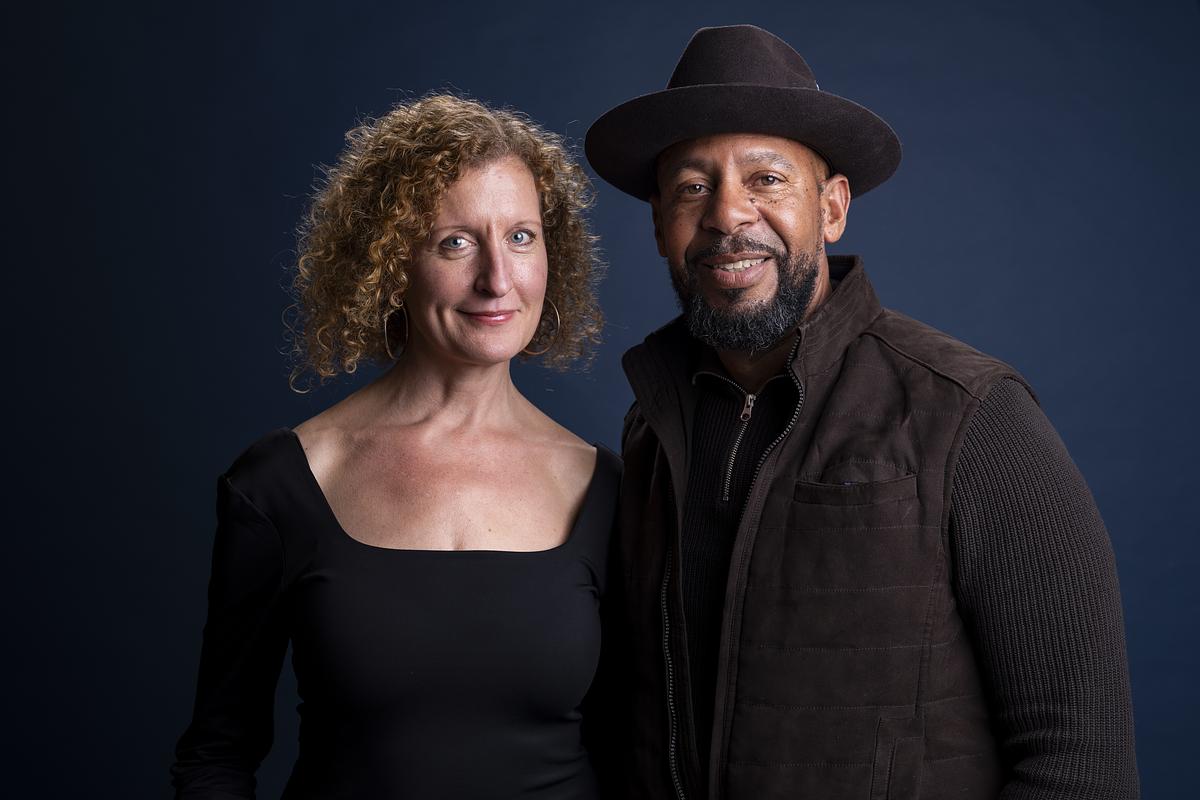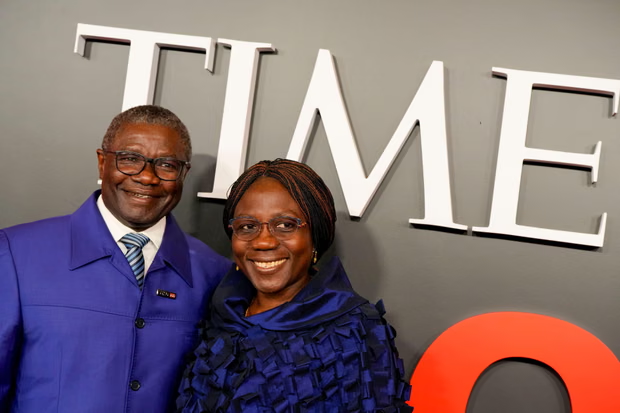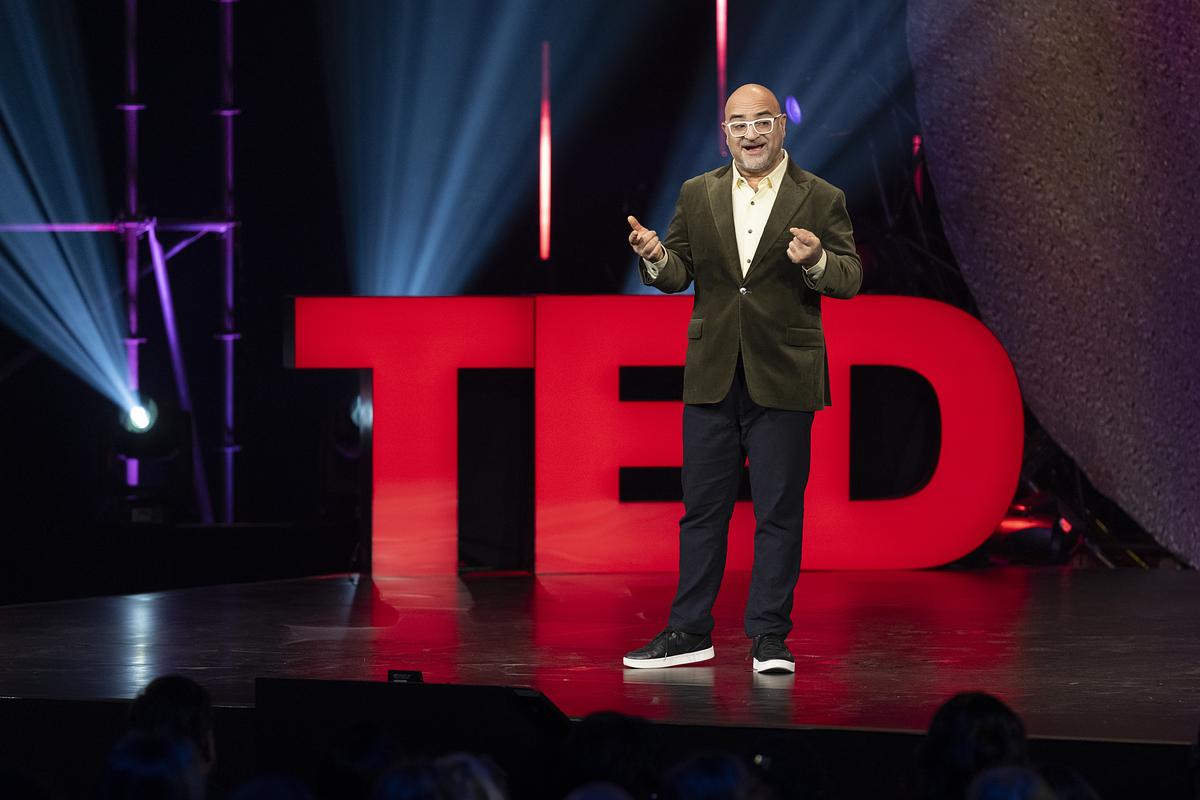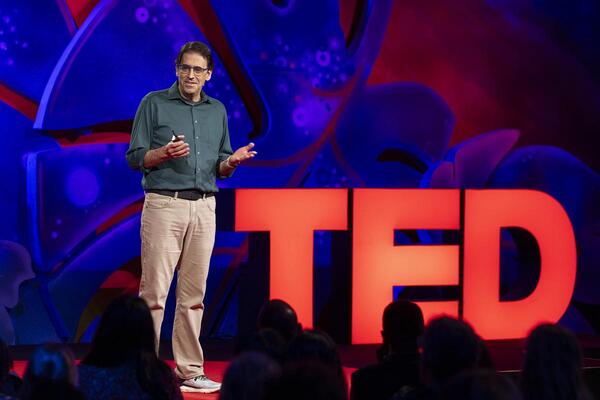Authors

Celina de Sola is cofounder and President of Glasswing International. She has 25 years of experience, and learning, in international development. She’s worked as a crisis interventionist for Latino immigrants in the US and subsequently spent almost six years leading responses to complex humanitarian crises in countries including Liberia, Sudan, Afghanistan and Iraq, as well as the tsunami recovery in Indonesia. She’s an Obama Foundation Fellow, a Skoll Awardee; an Ashoka and LEGO Foundation Re-imagine Learning Fellow, and a Tällberg-SNF-Eliasson Global Leader. Celina also serves on the Advisory Councils of the Inter-American Foundation, Givewith and several boards.
Categories
Subscribe for updates
September 21, 2022
Glasswing International
How do we heal and strengthen Latin America’s communities? The secret is in our people.
Latin America has only 8% of the world’s population but over a third of its homicides and addressing the effects of trauma on these violence-affected communities has never been more urgent. Audacious Project Lead Celina de Sola of Glasswing International calls for a community-led approach to healing.
Scientists and public health experts have been warning that mental health is fast becoming a global public health crisis; and for the Northern Triangle countries of Central America, consisting of El Salvador, Guatemala, Honduras, this could not be of greater urgency. Latin America's Northern Triangle, consistently has some of the highest rates of femicide and homicide, particularly youth homicide, in the world. We know from research that exposure to violence causes trauma, and that trauma can affect physical and mental health, as well as the ability to learn, grow, and thrive. In low-resourced communities, investment in mental health is often a lower priority compared to other needs.
Yet even with the many challenges these communities have faced for centuries, they have found ways to support each other.

At Glasswing we are inspired by this collective wisdom, and by working with first responders, workers in healthcare, schools, and law enforcement we are strengthening those at the front lines most likely to interact most often with those experiencing trauma. With the right training, hundreds of thousands of first responders can be an accessible local resource for mental health support.
These trainings happen in peer groups, where they learn to recognize and deal with trauma in themselves and others, and this learning together promotes collective understanding and a shared language of trauma. Listening and sharing stories about the impact of trauma on work and personal life reduces stigma, judgment, shame, and guilt, while increasing social connections. Self-regulation activities like mindfulness, deep breathing, or even walking outdoors, helps calm the brain and body. Frontline workers learn to care for themselves, so that they can care for each other, and better serve their communities. This is the SanaMente approach, expanding access to mental health support and generating greater well-being through community action.
We will train thousands of workers, reaching over nine million people in the next five years, and that is just the beginning because through private and US government partnerships, we are all collaborating to invest in young people, and elevate their role as drivers of change and impact in their own communities. Earlier this year, The White House announced the Central American Service Corps, which builds on a youth service and economic opportunities initiative that Glasswing began with the Howard G. Buffett Foundation last year. The magic of this work is that we can all be a part of this, and as we celebrate the history, culture, and resilience of Hispanic communities this month, I encourage us all to lean on the power of community for the solutions and wisdom that will take us forward.
Glasswing International’s plan to rewire mental health services in Central America is a part of the 2021-22 cohort of the Audacious Project, TED's initiative to inspire and fund global change.
Watch Celina’s TED Talk






